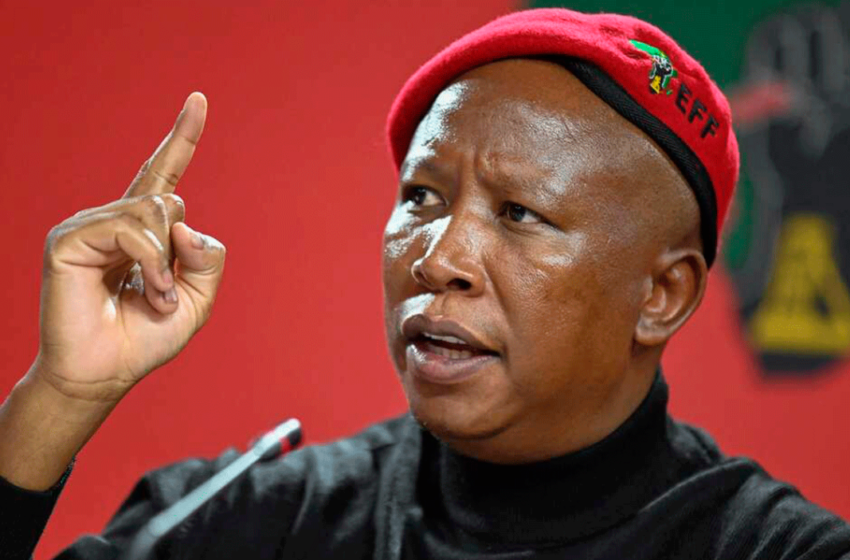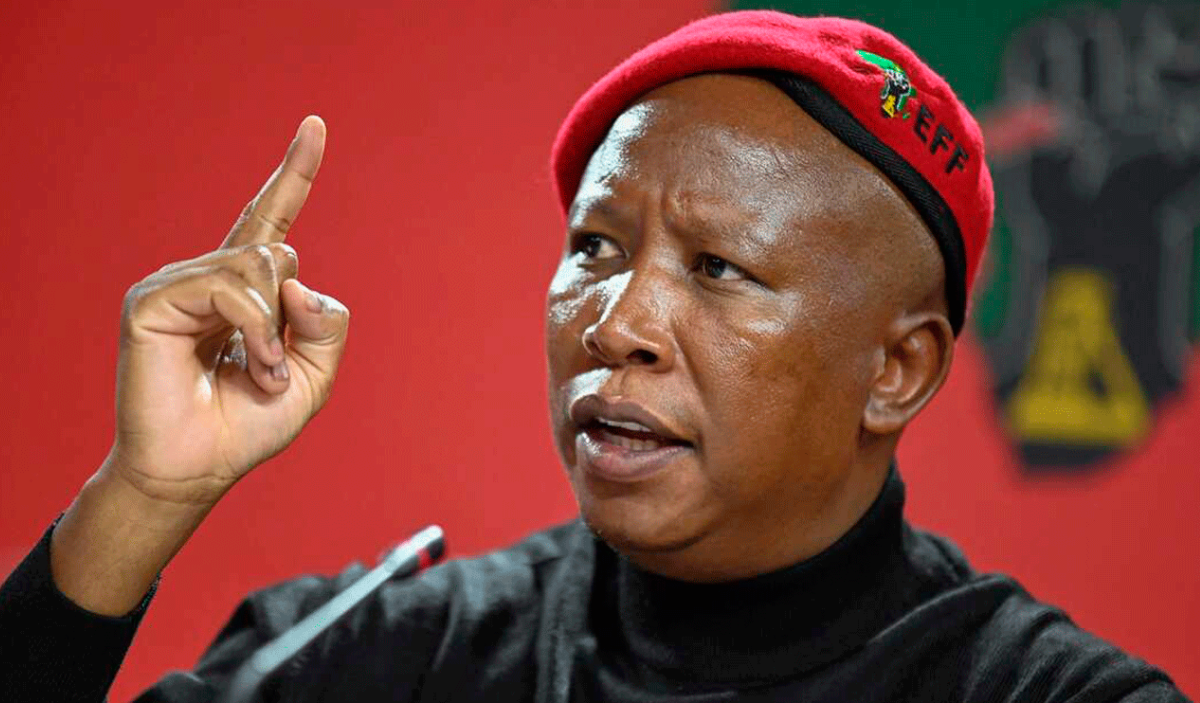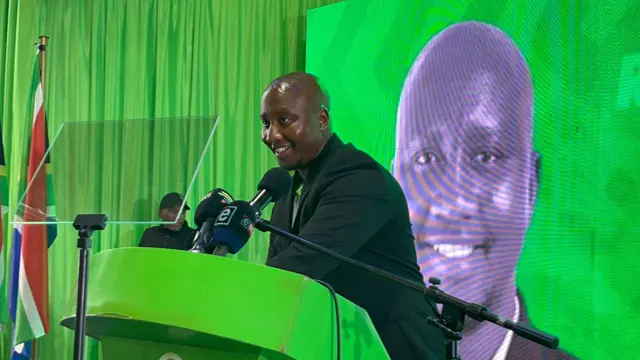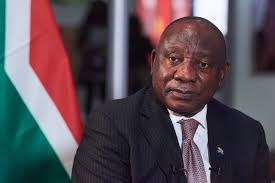Julius Malema: 10 interesting things to know about South Africa’s top political figure

Julius Malema
Julius Sello Malema is one of South Africa’s most polarizing political figures — loved by his supporters for his fiery rhetoric and criticized by his opponents for his confrontational style. From his days as a student activist to his current role as leader of the Economic Freedom Fighters (EFF), Malema has never shied away from controversy. Here are ten interesting things to know about him:
1. Born in Limpopo and Raised by a Domestic Worker
Malema was born on March 3, 1981, in Seshego, Limpopo Province. He was raised by his mother, a domestic worker, after his father left when he was very young. His humble beginnings shaped his populist style and his frequent references to economic justice.
READ ALSO
Julius Malema: What will happen to EFF leader after hate speech guilty verdict?
Julius Malema found guilty of hate speech as DA hails landmark court ruling
2. Joined Politics at Age Nine
Malema’s political career started unusually early. At just nine years old, he joined the African National Congress (ANC) Youth League’s Masupatsela (Young Pioneers) movement, where he took part in removing apartheid-era posters.
3. Rose to Fame as ANC Youth League Leader
He became the president of the ANC Youth League in 2008, a position that gave him national prominence. His outspoken support for then-President Jacob Zuma and his fiery speeches made him a household name.
4. Expelled from the ANC
In 2012, Malema was expelled from the ANC for “sowing division” and bringing the party into disrepute. This expulsion marked a turning point in his career, pushing him to chart an independent political path.
5. Founder of the Economic Freedom Fighters (EFF)
Malema launched the EFF in 2013, styling it as a radical, leftist, pan-Africanist movement. The party quickly gained traction, winning seats in parliament and positioning itself as the third-largest party in South Africa.
6. Famous for Red Berets and Overalls
The EFF is instantly recognizable by its red berets and workers’ overalls, a deliberate symbol of solidarity with the working class and a challenge to the formality of parliamentary politics.
7. Controversial Court Battles
Malema has faced multiple legal battles, from fraud and corruption charges to hate speech cases. His legal troubles often fuel debate about freedom of speech, accountability, and political persecution in South Africa.
8. A Skilled Orator
Regardless of where one stands politically, Malema is regarded as a powerful orator. His speeches often blend humor, sarcasm, and sharp political critique, captivating both supporters and critics.
9. A Polarizing Figure Abroad
Malema’s rhetoric has drawn international attention. In 2012, he was denied entry into the United Kingdom over his inflammatory comments. He has also been criticized by global leaders but continues to attract media coverage worldwide.
10. Unwavering Focus on Land and Economic Freedom
Central to Malema’s politics is the call for land expropriation without compensation and the nationalization of mines and banks. He argues that true political freedom in South Africa is meaningless without economic liberation for the majority.
Conclusion
From his childhood in Limpopo to his leadership of the EFF, Julius Malema has remained a force that South African politics cannot ignore. Loved by some and loathed by others, he thrives in controversy and continues to shape the national debate on land, inequality, and the future of the country.




